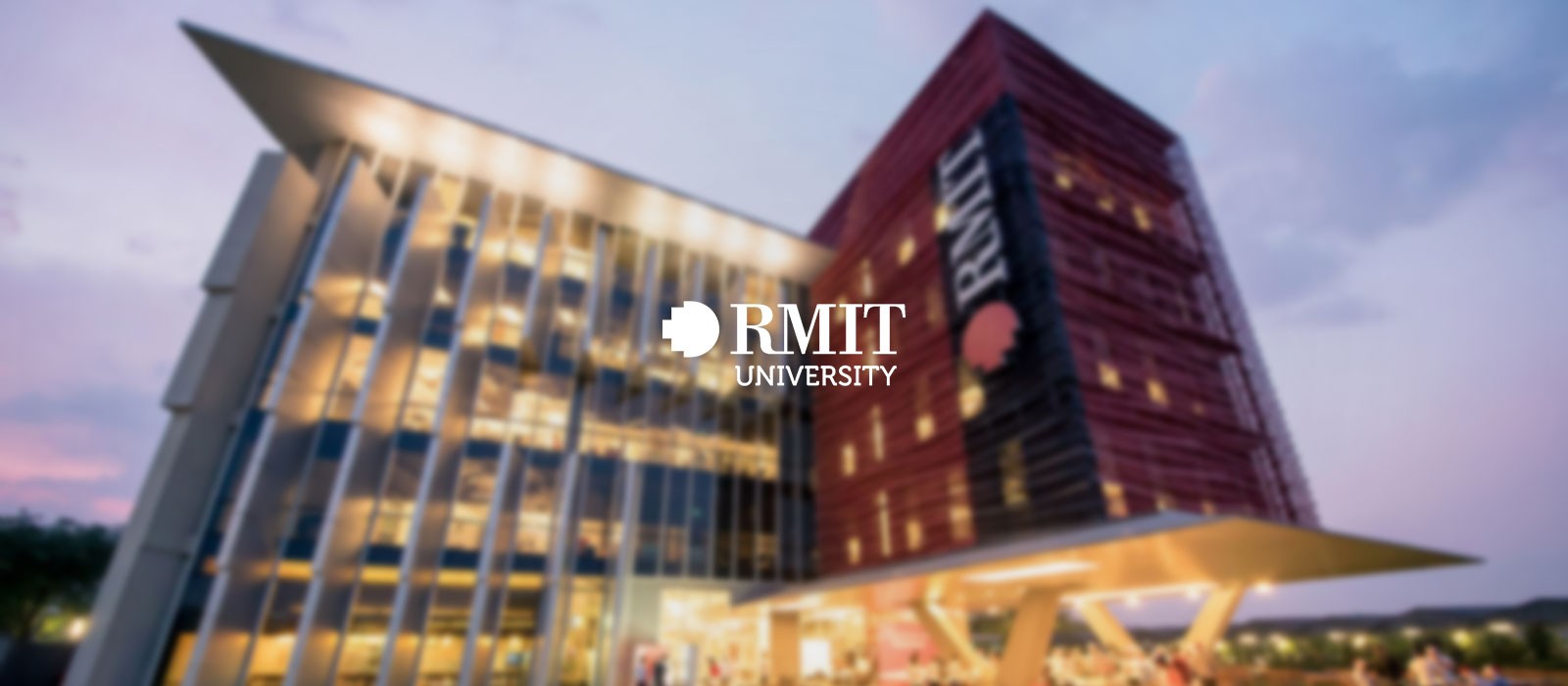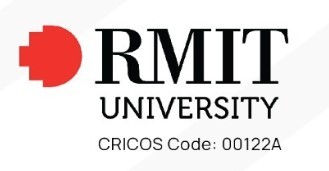
Bachelor of Engineering (Electrical Engineering) (Honours)


Overview
Duration
FULL-TIME 4 YEARS
FULL-TIME 4 YEARS
Scholarship
YES
YES
Fee
AU$43,200
AU$43,200
Intake
FEBRUARY, JULY
FEBRUARY, JULY
Overview
- Are you ready to find better ways to power the modern world?
- In RMIT's Bachelor of Engineering (Electrical Engineering) (Honours), you'll learn the processes behind the production and distribution of electricity.
- Electrical engineering at RMIT is about more than just learning the theories behind the discipline. It's about putting those theories into practice to solve problems. You’ll learn the skills necessary to make useful products and provide quality services by spending time on experiments in laboratory classes and designing projects.
- In this professionally accredited degree, you’ll learn to design, develop and supervise the manufacture, installation, operation and maintenance of electrical systems. You’ll also work on systems for the generation, distribution, utilisation, and control of electric power, electronic and control systems used for various domestic and industrial applications.
- You’ll develop high-level technical and design skills and focus on a specialist area such as energy conversion, power systems, renewable energy, high-voltage equipment and control engineering.
- Work-integrated learning opportunities will provide you with real world experience. You’ll design creative solutions through inspiring and sustainable design-and-build projects, take part in the Engineers Without Borders Challenge, complete industry capstone projects and undertake work placements in Australia or overseas.
Inquire Now
Career
- As an RMIT graduate, you will be able to design and supervise projects and implement new technologies in small and large organisations. The leadership skills you learn from project work will prepare you for management roles.
- Electrical engineers work on the systems for the generation, distribution, utilisation and control of electric power systems. They drive the transition to alternative and renewable energy sources.
- After graduating you may pursue a career as an electrical engineer in areas of industry such as:
- power generation and distribution
- mining and resources
- renewable energies
- industrial systems design
- consumer product design
- process control industries
- electrified transportation
- manufacturing
- automotive
- defence.
- Graduates have gone on to have successful careers in a range of organisations including:
- AEMO
- AusNet Services
- United Energy
- Beca
- SIEMENS
- Schneider Electric
- Greensync
- Metro
- Robert Bosch
- Woodside Energy.
Entry Requirement
- To study this course you will need to complete one of the following English proficiency tests:
- IELTS (Academic): minimum overall band of 6.5 (with no individual band below 6.0)
- TOEFL (Internet Based Test - IBT): minimum overall score of 79 (with minimum of 13 in Reading, 12 in Listening, 18 in Speaking and 21 in Writing)
- Pearson Test of English (Academic) (PTE (A)): minimum score of 58 (with no communication band less than 50)
- Cambridge English: Advanced (CAE): minimum of 176 with no less than 169 in any component.
Popular Courses
Start your journey with landmark today!
Find your perfect course
Answer a few questions and
our course matcher will do the rest
Head Office
Level 5, IT Plaza
Kamaladi, Kathmandu
Tel: +977 14542781, 9845566225
E-mail: info@landmarkedu.com
Kamaladi, Kathmandu
Tel: +977 14542781, 9845566225
E-mail: info@landmarkedu.com
Sydney office
Suite 1 Level 1,
46 Macquarie Street,
Parramatta, NSW
Tel: +61 415 122 814
46 Macquarie Street,
Parramatta, NSW
Tel: +61 415 122 814
Branch office
Sahidchowk, Chitwan
Tel: 056-590825
Tel: 056-590825
Mahendrachowk, Biratnagar
Tel: 021-590828
Tel: 021-590828
Level 2, Milanchowk, Butwal, Rupandehi
Tel: 977-71-591694
Tel: 977-71-591694
© Landmark Education. All rights reserved.


